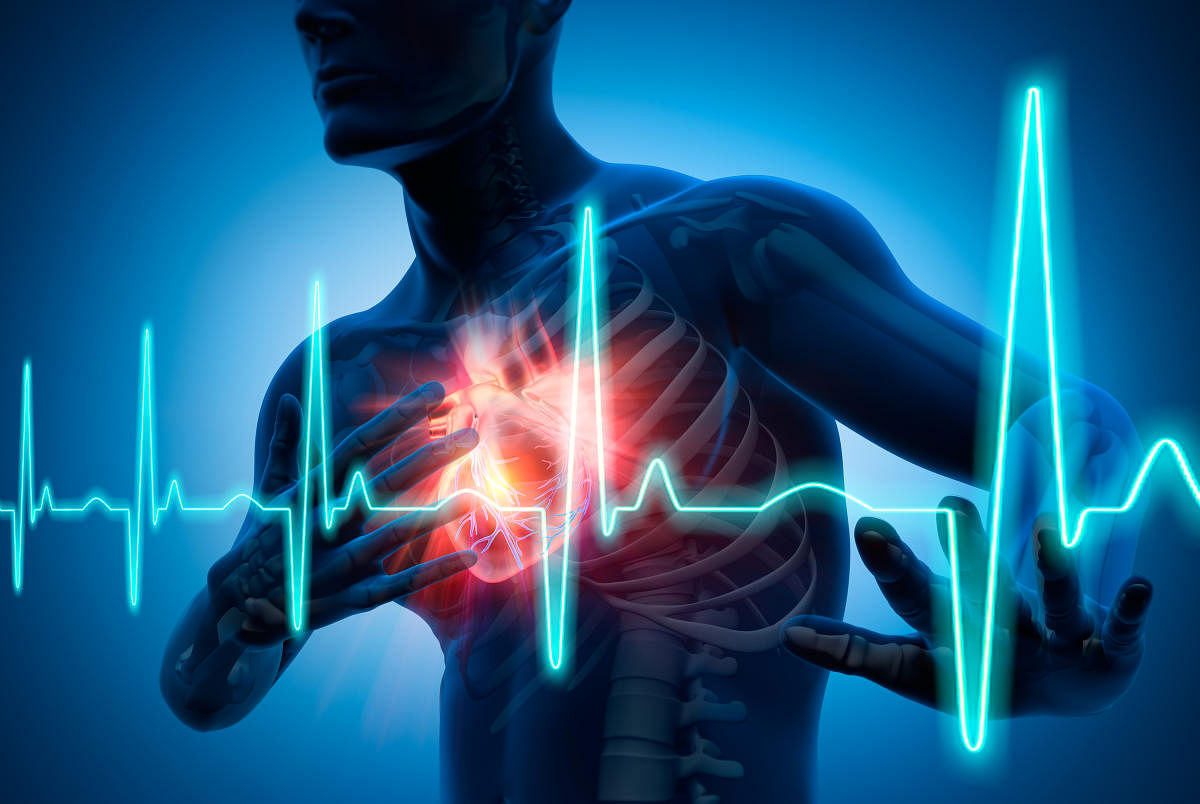
Heart disease is sadly becoming the top killer as statistics indicate that Indians are succumbing to heart diseases at a much earlier age. The reasons include genetics, changes in lifestyle, etc. A patient who has suffered a heart attack has greater chances of recovery if the patient gets medical attention within the first hour. Most people fail to identify the symptoms of a heart attack on time or fail to seek appropriate intervention.
‘The first hour’ is critical and significant for a victim of heart attack, the necessary care increases their chances of a complete recovery. It is vital to realise that any severe pain in the upper thoracic region is a cause for concern and one must undergo an ECG and consult a physician without any delay. After 60 to 90 minutes of an attack, the heart muscles begin to die out as it stops getting any blood and after six hours, tissues of the heart are damaged beyond repair.
Timely care is the key here. Often, people ignore a chest pain, attributing it to indigestion or acidity. Any acute chest pain must be immediately checked by a physician, especially for people who have a family history and are genetically predisposed to heart ailments. Visiting a hospital with a Cath Lab facility within the first hour of heart attack is vital. Primary angioplasty is performed to clear the blood vessels.
Heart attacks are triggered when a blood clot blocks a blood vessel to the heart. The primary aim is to clear the clot at the earliest, or the part which doesn’t receive blood starts to die. In primary angioplasty, through an incision in hand or leg, a highly flexible tube called a catheter is inserted into coronary arteries, a scan of the arteries in the heart is performed to check for blockages and a metallic scaffold called a stent is deployed in the artery to ease the blood flow. Apart from this, other therapies are also initiated.
The pain and its intensity is not the deciding factor. There are silent attacks too and may manifest as a burning sensation in the chest.
Accompanying it would be breathlessness, dizziness, uneasiness, exhaustion, vomiting or sweating. If a person experiences any unexplained symptoms which may be due to a heart attack, rushing to the nearest hospital can minimise the damage. Thus, it can be safely said ‘the sooner you act, the lesser the damage’.
(The author is a consultant
cardiothoracic surgeon.)